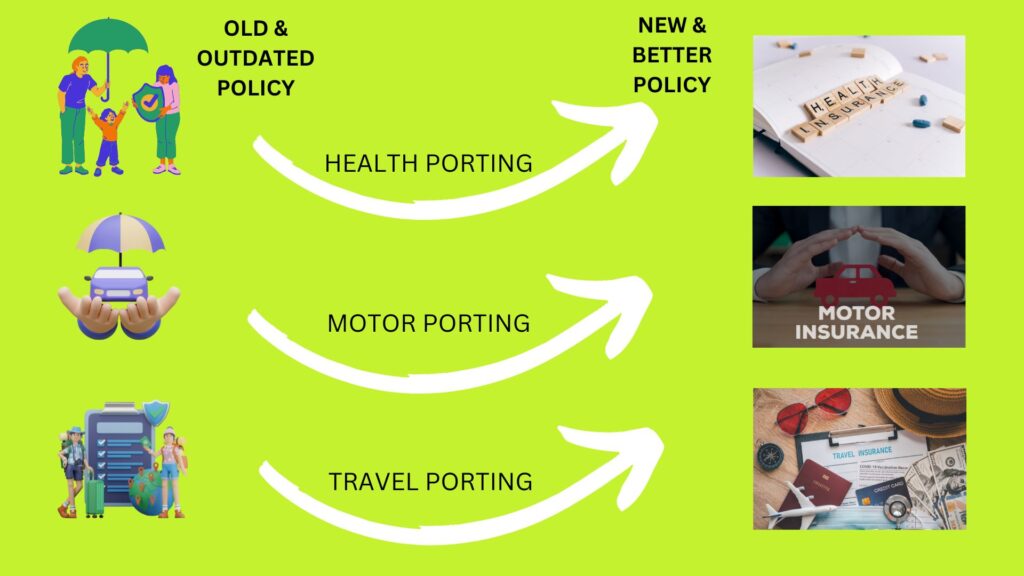
Healthcare costs in India are on the rise, and so are health insurance premiums. According to a recent LocalCircles survey, 52% of health insurance policyholders faced premium hikes of over 25% in the past year.
With 31% experiencing increases between 25-50%, the burden of rising premiums is becoming a significant concern. However, there’s a solution that could offer financial stability—Multi-Year Health Insurance Plans.
What Is Multi-Year Health Insurance?
A multi-year health insurance plan allows policyholders to lock in their premium for a longer duration, typically between 2 to 5 years. This protects them from annual premium hikes caused by age, inflation, or changes in insurer pricing.
Benefits of Multi-Year Health Insurance:
Fixed Premiums for Up to 5 Years: Unlike annual plans with fluctuating rates, multi-year plans lock in your premium for the entire policy term, typically 3 or 5 years. This shields you from rising healthcare costs and ensures budget predictability.
Attractive Discounts: Enjoy upfront savings of up to 18% on premiums compared to annual policies. This makes extended coverage more affordable, especially for those needing comprehensive healthcare protection.
Reduced Renewal Hassle: Fewer renewals translate to less paperwork and a more streamlined experience. This is particularly beneficial for busy individuals and non-resident Indians (NRIs).
Continuous Coverage: Multi-year plans offer uninterrupted health coverage throughout the policy term, eliminating the worry of annual renewal gaps.
Potential Bonus Benefits: Some plans come with additional perks like No Claim Bonuses (increased sum insured for claim-free years), wellness rewards, and hospital network discounts.
Multi-Year vs. Annual Plans: A Breakdown
| Feature | Multi-Year Plan | Annual Plan |
|---|---|---|
| Premium Rates | Locked-in for the policy term (3-5 years) | Subject to annual increases based on age & inflation |
| Discounts | Up to 18% discount on premiums | No guaranteed discounts |
| Renewals | Less frequent (every 3-5 years) | Annual renewals required |
| Upfront Cost | Higher due to lump sum premium payment | Lower due to annual payment |
Why Are Health Insurance Premiums Rising?
The rise in premiums can be attributed to medical inflation, which has been consistently high. According to ACKO’s India Health Report 2024, hospitalization costs in India surged by 11.35% in FY 2023-24, leading to a 14% increase in premiums.
Key Advantages of Multi-Year Health Policies
1. Stable Premiums for Long-Term Coverage
With a multi-year policy, you can avoid the annual premium hikes that typically come with age and inflation.
Example:
If you buy a 3-year policy at age 30 with an annual premium of ₹15,000, the premium remains fixed for the entire term. At renewal, your premium might increase due to the age shift, but the initial savings over three years can be substantial.
Savings Calculation:
| Policy Term | Annual Premium | Discount | Total Savings Over 3 Years |
|---|---|---|---|
| 1-Year | ₹15,000 | 0% | ₹0 |
| 3-Year | ₹13,500 | 10% | ₹4,500 |
2. Tax Benefits Under Section 80D
Multi-year policyholders can claim tax deductions under Section 80D of the Income Tax Act. If you pay a lump sum for a 3-year policy, you can divide the amount over three years for tax purposes.
Example:
If you pay ₹45,000 for a 3-year policy, you can claim ₹15,000 annually as a tax deduction.
Additional Tax Benefits for Senior Citizens:
- Tax deduction up to ₹50,000 per year for those aged 60 and above.
3. Fewer Renewals and Continuous Coverage
Multi-year policies reduce the hassle of annual renewals, making them ideal for:
- Non-Resident Indians (NRIs)
- Frequent Travelers
- Seniors seeking stable coverage
How Claims Work with Multi-Year Plans
Just like annual plans, multi-year policies cover medical expenses up to the insured amount for each policy year. Terms, conditions, and waiting periods remain consistent. Some plans offer flexibility in using benefits across any year within the policy term.
Renewals and Tax Benefits: No Change Here
Renewal procedures are identical for both one-year and multi-year plans. Tax benefits also remain the same. You can claim deductions under Section 80D of the Income Tax Act for the entire premium amount, even for lump-sum payments. Just split the cost across the policy period for deductions.
Multi-Year Plans for Seniors: A Boon for Stability
For seniors facing escalating healthcare costs, multi-year plans offer significant advantages. Fixed premiums prevent sharp price increases often seen with annual renewals, ensuring long-term affordability. Seniors can still claim tax deductions up to Rs. 50,000 annually on multi-year premiums.
Downsides of Multi-Year Health Insurance
While multi-year health insurance offers many benefits, it’s important to consider the following:
- Upfront Payment:
Multi-year policies require a lump-sum payment, which may be a significant financial commitment. - Renewal at Higher Premiums:
After the term ends, renewal premiums may increase based on:- Age Bracket Shift
- Medical Inflation
- Insurer Pricing Adjustments
Example:
A policy bought at age 30 for ₹15,000 annually may increase to ₹20,000 at renewal due to age and inflation.
Is Multi-Year Health Insurance Right for You?
Multi-year health insurance is a smart choice if:
- You want to save money on premiums.
- You seek stable, long-term coverage.
- You prefer hassle-free renewals with fewer interruptions.
Conclusion: A Smart Investment for the Future
As healthcare costs continue to rise, multi-year health insurance offers a practical solution to manage and reduce your financial burden. By locking in premiums, securing tax benefits, and simplifying renewals, these plans provide peace of mind and cost savings.
Explore Multi-Year Health Insurance Plans Today!
Contact us to learn more and secure your health and finances for the future.
Multi-Year Health Insurance, Rising Health Insurance Premiums, Medical Inflation.


